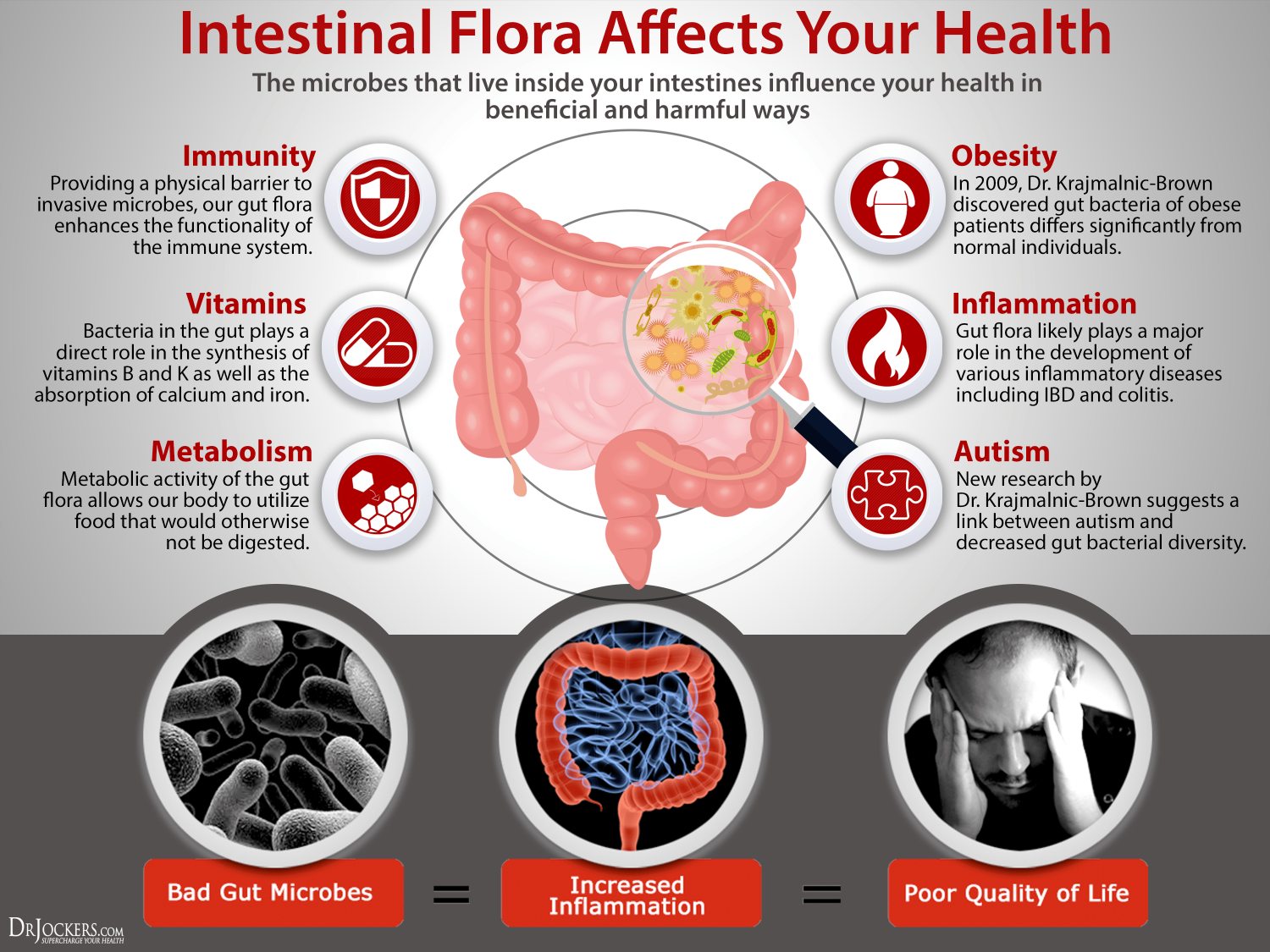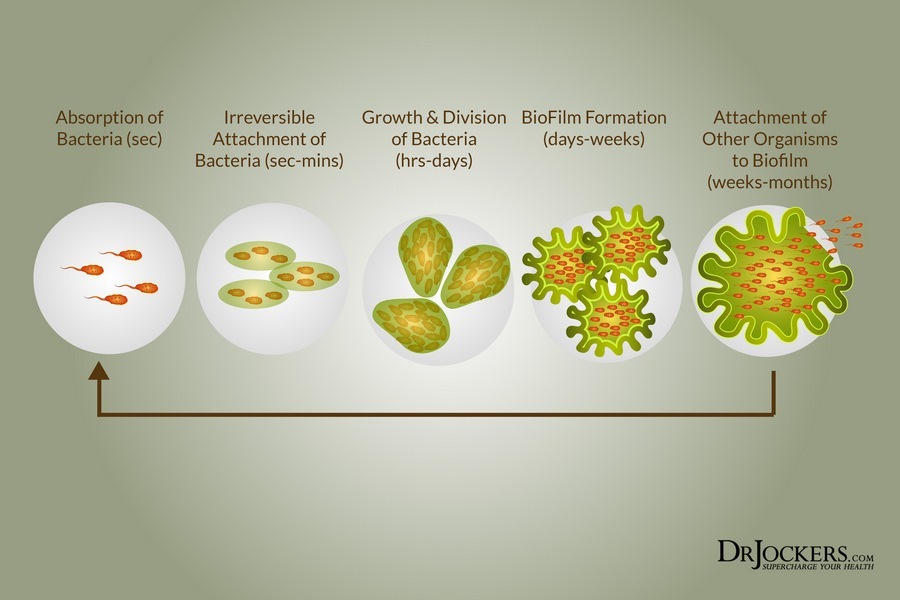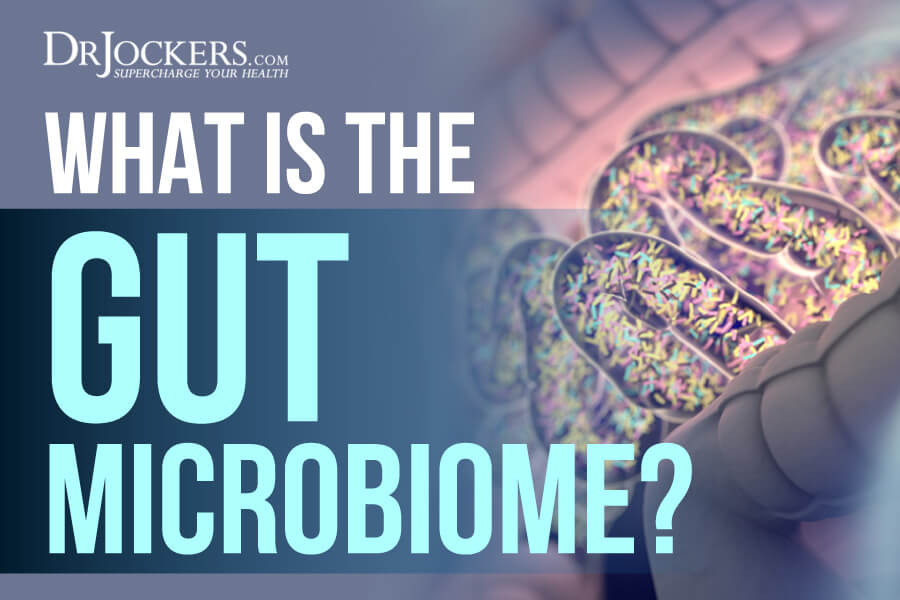 What is the Microbiome?
What is the Microbiome?
Whether you know it or not, like it or not, your body houses about 10 times the number of bacteria than it has cells in the body. There are estimated to be close to 100 trillion bacteria compared to the 10 trillion cells that make up the body. These living organisms are labeled the “human microbiome.” In this article, we will dive deep into what is the microbiome and how it impacts our health.
If you were to truly analyze the human body from a microscopic point of view, you would probably think we were just a large reservoir for microbial life. We are in essence, 5-star microbial hotels, complete with room service, cable, a swimming pool, & a fitness center!!
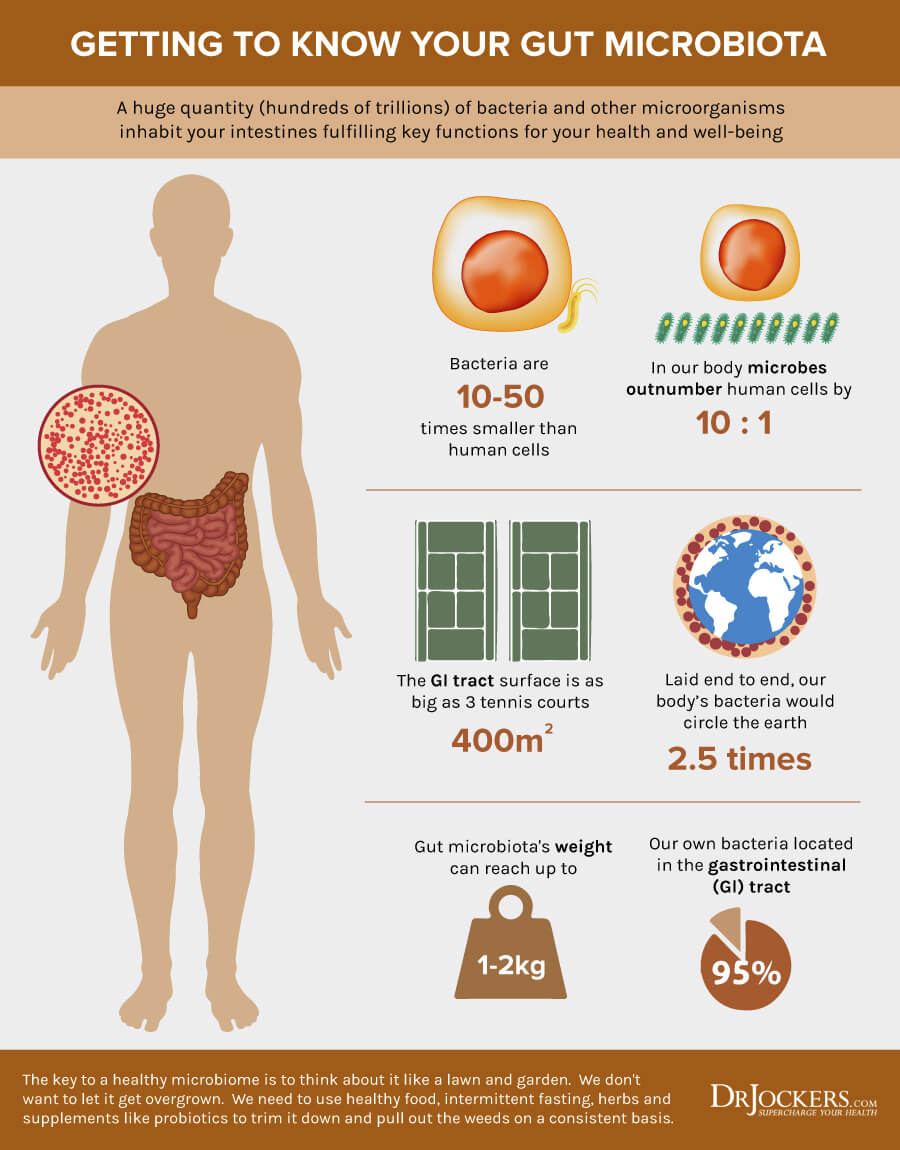
The Ratio of Good and Bad Microbes
So what is the microbiome and how is it measured? The next time you get on the scale, you can rest assured that 2-3 pounds that are registering are not you…they are the bacteria you are hosting! In fact, we host over 500 different species of bacteria with some of these being classified as good and others being bad. In fact, no person has the same set of gut bacteria, we all contain our own unique set of intestinal bacteria (1).
In other terms, we have a symbiotic relationship (life-enhancing for both parties) with some and a parasitic (life-stealing) relationship with others. The correct ratio for health and wellness is considered to be about 85% good to 15% bad.
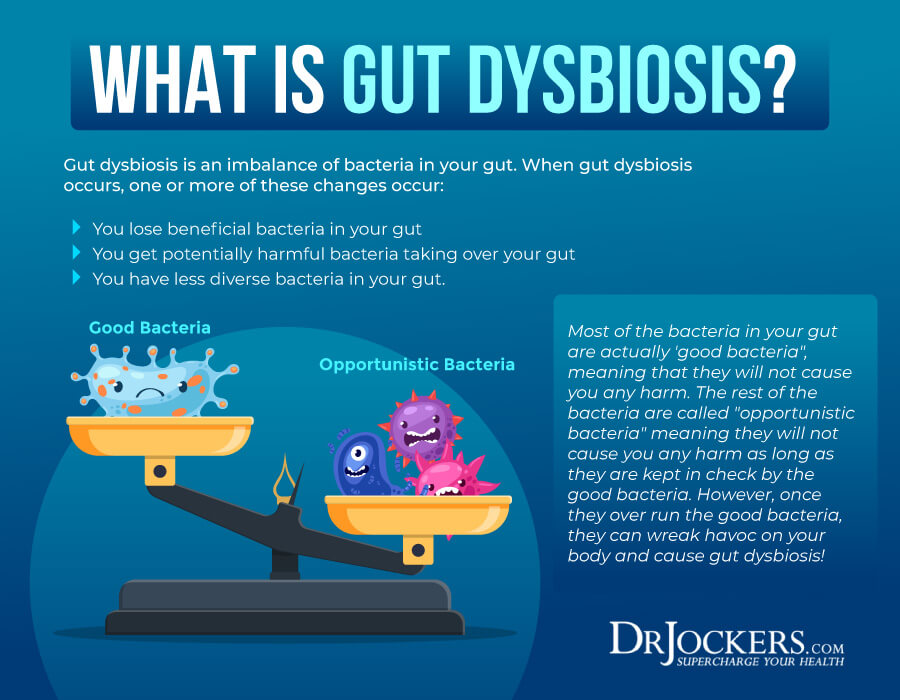
The Development of the MicroBiome
In utero, the fetus is completely devoid of microbes. However, the child’s first (and perhaps most important) meal comes as it heads down the birth canal, which is full of bacteria. These microorganisms make their way onto the newborn’s skin, eyes, & mouth as the baby pushes through the vaginal walls (2). From that moment on, every mother’s kiss, and every swaddling blanket, carries on it more of these special critters, which are introduced into the baby’s system.
By about the age of 2, most of a person’s microbial community is established. Amazingly, just small differences in our microbiome may have a big impact on the genetic expression of the individual. Factors, such as maternal health, early childhood nutrition, nervous system function, and antibiotic usage play a gigantic role in the maturity of the gut flora (3).
Experts believe that the critical colonization period happens in the first few years, which explains why the microflora fingerprints of adult twins, who shared an intimate environment (and a mother) in childhood, more closely resemble each other than they do those of their spouses, with whom they became intimate later in life.
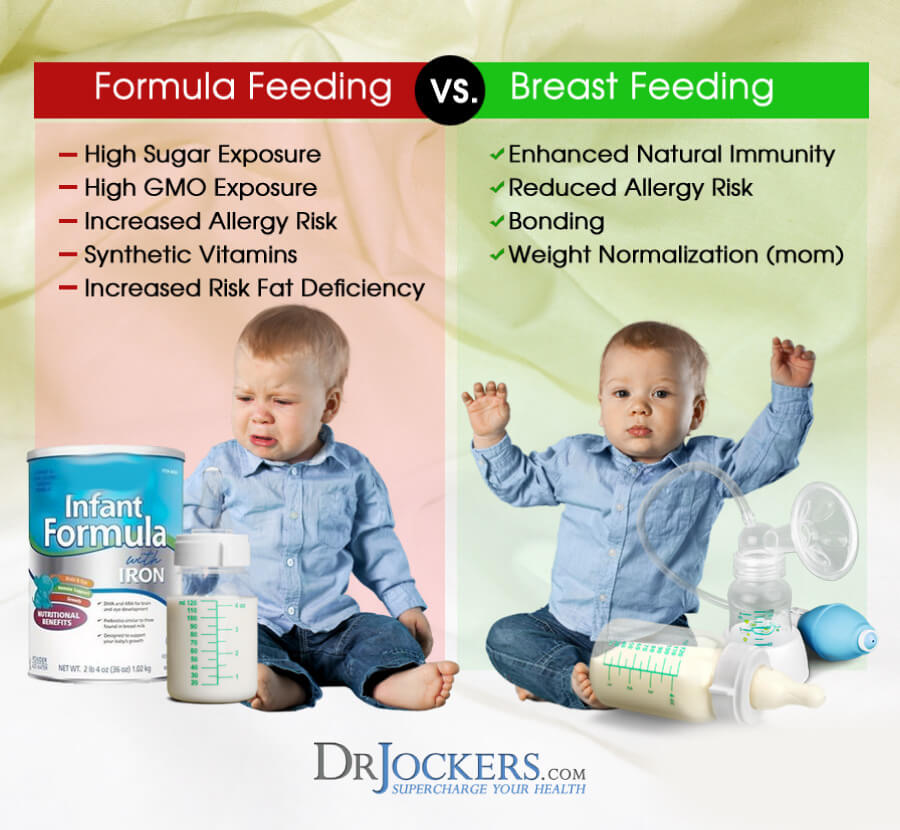
The Importance of the Internal EcoSystem:
Most of the bacteria reside in our digestive system and play an enormous role in the digestive process, allowing nutrients to be easily assimilated into our systems. These probiotic organisms also help clean up toxic debris and contaminate food particles in our gastrointestinal tract.
Additionally, gut microbiota health has been linked with conditions ranging from cancer to autoimmunity, to diabetes (4). They produce vitamins, in particular thiamine, pyroxidine, and vitamin K.
These little friends of ours also create the enzymes necessary to metabolize cholesterol and bile acid. Finally, they are absolutely necessary for us to digest complex plant polysaccharides, the fiber found in grains, fruits, and vegetables that would otherwise be indigestible.
The Microbiome and Our Immune System
Our immune system is also very much dependent on these microbial beings to compete with the virulent strains of pathogenic bacteria, viruses, & fungi who would love to take control. These parties fight over nutrition and attachment sites on various cells in the colon tissue.
If the pathogenic strains take over they steal nutrients, destroy cells, release toxins into the bloodstream, and create a massive inflammatory process in our immune system. An improper microflora balance most often leads to disruptions in digestive, immune, & neurological function leading to a variety of pathological processes (5).
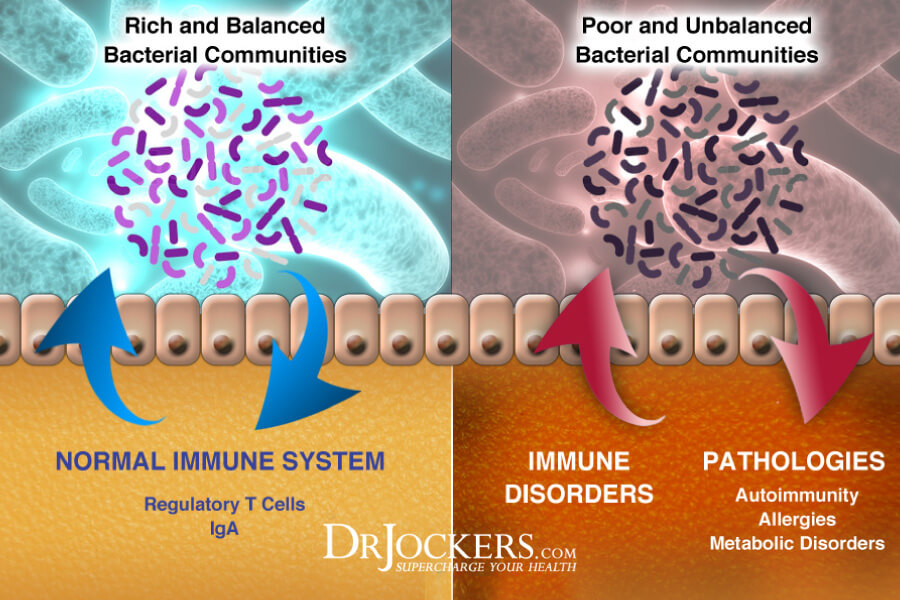
Improving Your Gut BioFilm:
The gut bacteria live within the mucus membrane that surrounds the epithelial tissue of the intestine. This layer of mucus is called “biofilm.” Within the biofilm, the bacteria produce certain vibrations which communicate with the intestinal epithelium and throughout the body.
These vibrations stimulate a healthy immune response that affects all of the major tissues and regions. This is the reason for the ingestion of probiotic bacteria to affect nasal, & vaginal health.
Food and Our Microbiome
Our diet & lifestyle have a powerful effect on the microbial balance in our gut. Throughout the ages, every traditional culture has fermented foods to add “life” and longevity to the dish. Ancient Rome used sauerkraut at nearly every big meal. In India, they enjoy a pre-dinner drink called a lassi, which is basically a raw, fully cultured yogurt drink. At the end of the meal, they’d have a small serving of raw, cultured curd.
These Indian traditions were based on the principle of using sour milk as a probiotic delivery system to the body. Other examples are all around us. Bulgarians are known both for their longevity and their high consumption of fermented milk and kefir. In Asian cultures, pickled fermentations of cabbage, turnips, eggplant, cucumbers, onions, squash, and carrots still exist today.
Consequently, fermented foods have been shown to not only provide probiotics, but also to act as antimicrobials, boost antioxidant activity, improve enzyme production, and degrade harmful toxins in the digestive tract (6).
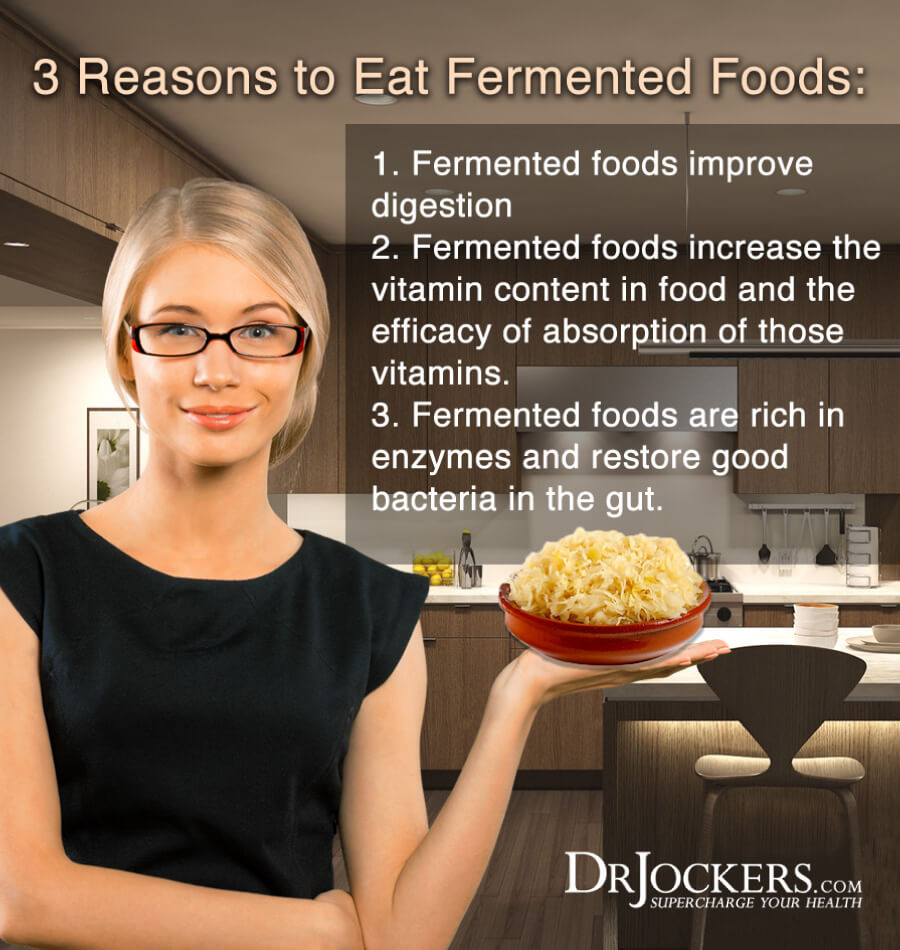
If you want to work with a functional health coach, I recommend this article with tips on how to find a great coach. On our website, we offer long-distance functional health coaching programs. For further support with your health goals, just reach out—our fantastic coaches are here to support your journey.
